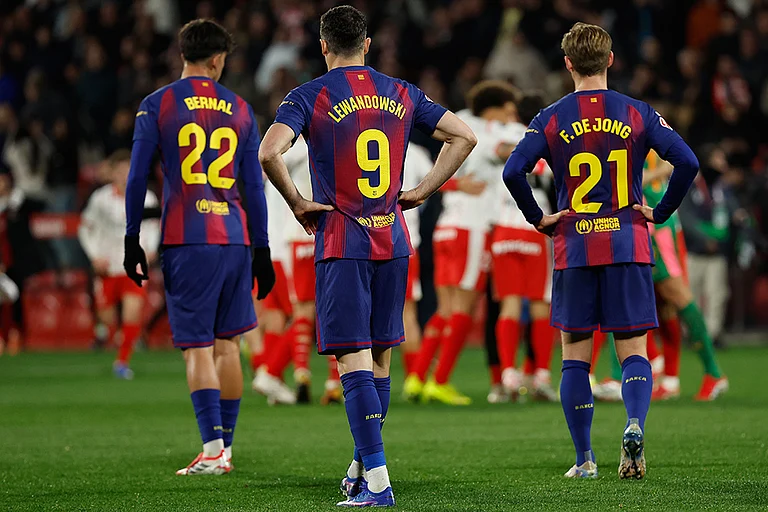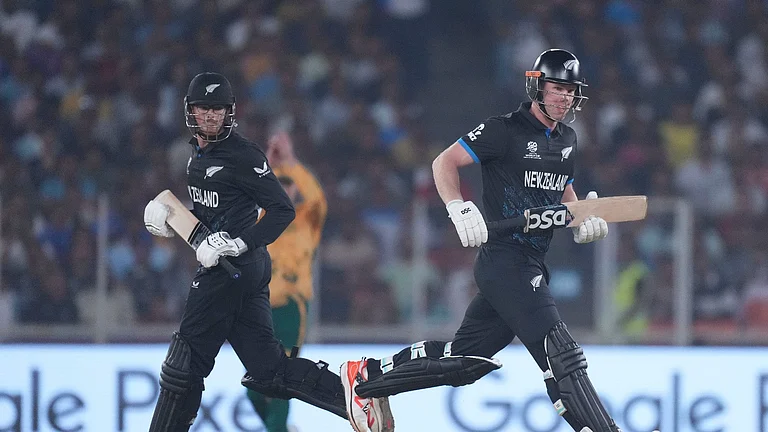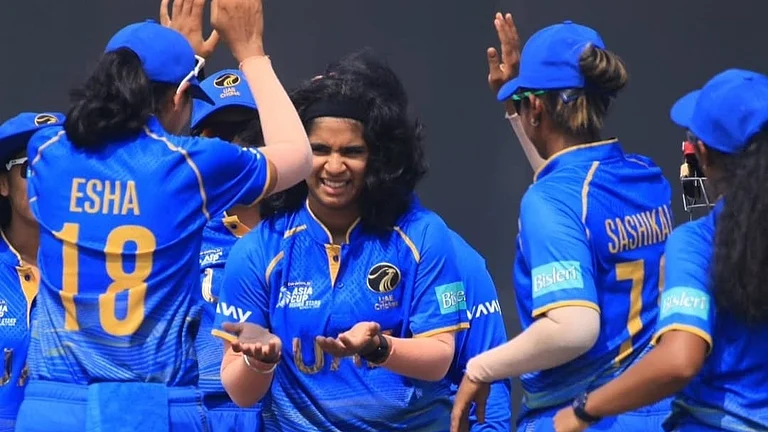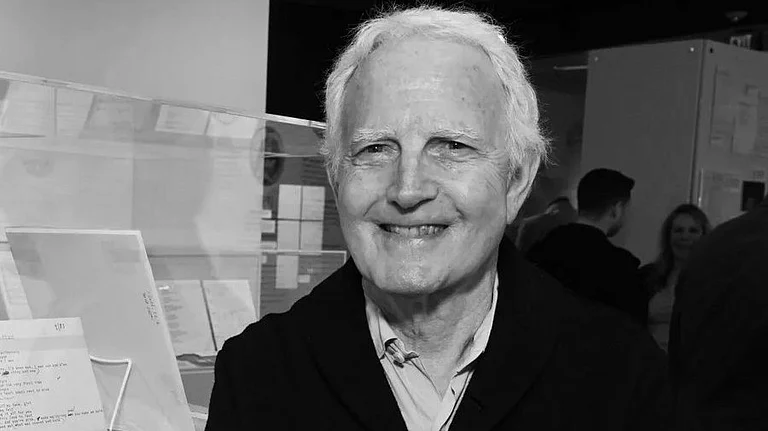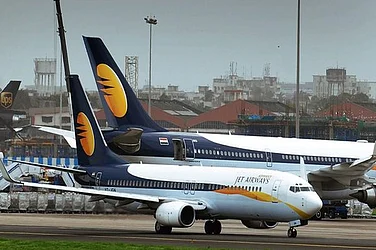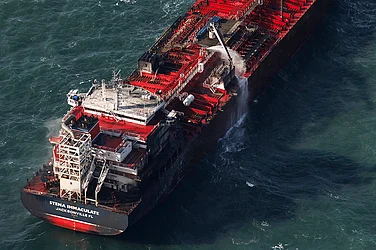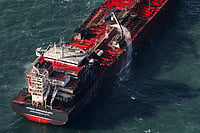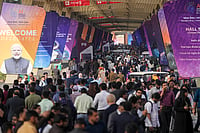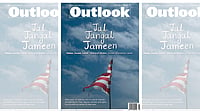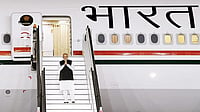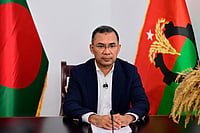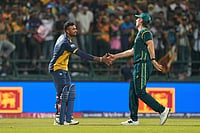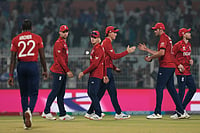Amid an ongoing diplomatic standoff with Canada, Minister of External Affairs S Jaishankar on Friday said that the situation in Canada where Indian missions and diplomats are threatened and subjected to the violence cannot be normalised.
Jaishankar said that the Indian missions and diplomats are under such threats in Canada that the regular functioning of the missions has been compromised. He said that such an environment has developed amid "permissiveness to terrorism, extremism, and violence" in Canada.
Jaishankar's comment come amid high tensions between India and Canada. Earlier this month, Canadian Prime Minister Justin Trudeau plunged the bilateral relationship to a new low after he claimed that there were "credible allegations of a potential link" between the Indian government and the death of Khalistani terrorist Hardeep Singh Nijjar in Canada. India has forcefully rejected Trudeau's allegation.
Nijjar, a designated terrorist, was killed in June in Canada's British Columbia province. He was the chief of Khalistan Tiger Force (KTF), which is also a designated terrorist organisation.
Following the claim of a "potential" Indian involvement in Nijjar's killing, Trudeau's government expelled a senior Indian diplomat posted in Canada and outed him publicly as belonging to the external intelligence agency Research and Analysis Wing (RAW). In a tit for tat response, New Delhi also expelled a Canadian diplomat posted in India, who has since been identified as Olivier Sylvester, the station chief of the Canadian intelligence agency in India. Moreover, New Delhi also ordered the downsizing of the Canadian missions in India and suspended visa services for Canadian nationals.
Jaishankar, who was on a five-day visit of the United States, also highlighted that the United States would have a very different reaction if their missions were being attacked instead of Indian missions and if their diplomats were being intimidated in a way that Indian missions and diplomats are in Canada.
In an interaction with Indian journalists in Washington DC, Jaishankar said, "Let's not normalise what is happening in Canada..."What is happening in Canada, had it happened anywhere else, do you think the world would've taken it with equanimity?"
Jaishankar further said, "We have had smoke bombs thrown at the mission, we have had violence in front of consulates, there are posters put up. Do you consider this normal? If this had happened to any other country, how would they react? Let's not normalise what is happening in Canada. It is important to call out what is happening there."
Jaishankar also said that "larger issue" is the "permissiveness to terrorism, extremism and violence" in Canada. He said that the ongoing tensions with Canada have been there for "some years now".
For the past several years, the India-Canada relationship has been strained over the safe haven that the Khalistan movement and terrorists along with organised crime networks engaged in anti-India activities have found in Canada. The Khalistan movement seeks to carve out a separate nation for the Sikhs out of India called Khalistan. For decades, it waged a bloody insurgency in India that finally ebbed in the 1990s. While the insurgency in India ebbed in the 1990s, the movement has found strong pockets of influence abroad, most notably in Canada where several Khalistani terrorists, terrorist organisations, and gangsters have found a safe haven.
Jaishankar said, "We have had an ongoing problem with Canada and the Canadian government for some years now. The ongoing problem really revolves around the permissiveness to terrorism, extremism and violence. This permissiveness is also reflected in the fact that some important extradition requests have not been responded to from their side."
In an interaction at the think tank Hudson Institute earlier in the visit, Jaishankar had said that Canada has become a country where organised crime, smuggling, and terrorism have come together to operate against India. He described it as a "very toxic combination".
Jaishankar said, "For us, it has certainly been a country where organised crime from India, mixed with trafficking in people, mixed with secessionism, violence, terrorism. It's a very toxic combination of issues and people, who have found operating space there...Today, I'm actually in a situation where my diplomats are unsafe going to the embassy, or to the consulate in Canada. They are publicly intimidated."
In Canada, violent protests have taken places at Indian missions and open threats have been made against Indian diplomats, including posters with names of Indian diplomats. Moreover, the Khalistani elements have attacked multiple Hindu temples and have issued threats to the Hindus living in Canada, most recently such a threat came from designated terrorist Gurpatwant Singh Pannun.
The tensions with Canada have only increased since Trudeau became the Prime Minister of Canada as the Khalistani movement has found increased tolerance under him. He and his ministers and allies have attended Khalistani events and a Khalistani convicted for an attempted murder of an Indian minister was even invited to an event hosted by Trudeau in India during his disastrous visit in 2018.
Jaishankar also highlighted that if the kind of violence that's happening in Canada against Indians would happen elsewhere, it would be viewed differently.
He said, "If it was your diplomats, your embassies, your people, what would be your reaction?...After all, I was thinking back, when was the last time that any of our missions was intimidated to a point where it could not continue with its normal function? I will have to think back. And if someone says this could happen in a G-7 country, in a commonwealth country, it gives you a lot to think about."
The India-Canada tensions were also visible during the G20 Summit earlier this month when Trudeau received a cold welcome in a repeat of his disastrous 2018 visit to the country. The embarrassment was further enhanced by the glitch in his aircraft that extended his unceremonious stay in India by around two more days. On the sidelines of the G20 Summit, he had a tense meeting with Prime Minister Narendra Modi. In a particularly harsh readout, the Prime Minister's Office (PMO) said that Modi "conveyed our strong concerns about continuing anti-India activities of extremist elements in Canada".
"They are promoting secessionism and inciting violence against Indian diplomats, damaging diplomatic premises, and threatening the Indian community in Canada and their places of worship. The nexus of such forces with organized crime, drug syndicates and human trafficking should be a concern for Canada as well. It is essential for the two countries to cooperate in dealing with such threats," said the readout further.
Following Trudeau's allegations, India issued an advisory warning of "politically-condoned" anti-India activities in Canada. The phrase "politically-condoned" reflects the support that the Khalistan movement and anti-India elements in Canada receive from Trudeau, his party and allies, and his government.







